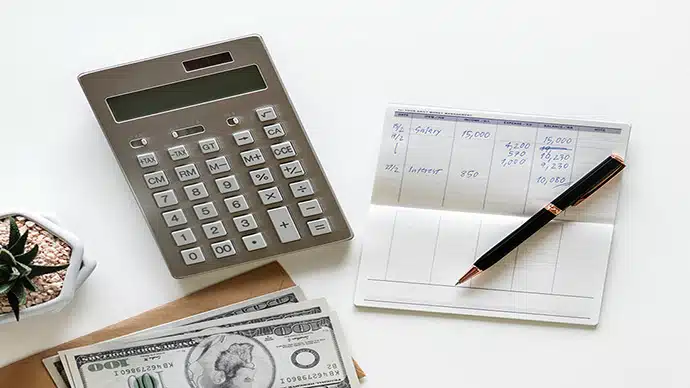
For those who are out of work, things are getting scary, and states and the federal government have been less than helpful to many. So BILLSHARK would like to bring you up to date on the status of the coronavirus relief checks, as well as offer a few ideas on how to pick up some quick cash to tide you over.
Not enough government help
The Coronavirus Aid, Relief, and Economic Security (CARES) Act that was supposed to provide a quick hit of $1,200 in emergency relief to between 125 and 150 million Americans has so far only reached about 80 million of us.
Many states aren’t doing much better for the 26 million who are unemployed. An analysis by The Washington Post last week found that at least three million people who have filed for unemployment compensation in recent weeks have yet to see their first payment. In Florida, for example, of the approximately 1.7 million residents who have applied for unemployment, only about 120,000 of those have actually received the money.
The paper admits the total is probably far greater, given how many of the unemployed remain as yet uncounted.
In addition, although the CARES Act was supposed to provide benefits to those who don’t normally qualify—Uber and Lyft drivers, freelancers, and so forth—only 10 states so far have extended this benefit to those who fall into this category. Some states say they haven’t been able to adapt to this new requirement because their online systems haven’t been updated to accommodate this previously unserved group.
This is leading to desperation on the part of many people who can’t pay their bills. One survey estimated that as many as a third of renters in America were unable to make their April rent. Others are having to choose between feeding their children and buying their insulin.
This unfortunate situation is partly due to the unprecedented nature of the coronavirus pandemic, and partly to decades of inadequate infrastructure funding. For example, New Jersey’s unemployment software is run on COBOL, a 60-year-old programming language.
“The states haven’t had the investments in modern IT and workforce training that could have mitigated it, and now we’re paying the price for shortsighted budget cuts,” Julia Lane, an economist and professor at the New York University Wagner Graduate School of Public Service, told The Post.
Relief checks update
If you’re one of the millions who haven’t yet received your $1,200 stimulus money, you’ll be happy to hear that the next wave of direct deposits to Social Security, survivor, and disability non-filers will see the payments hit their bank accounts no later than May 5th, according to the IRS.
Those who receive Supplemental Security Income (SSI) and don’t normally have to file a tax return should begin receiving the money in early May, along with veterans benefit recipients.
Many people have had trouble using the IRS tool “Get My Payment.” This weekend, the Treasury Department announced it had fixed many of the associated glitches, so if this includes you, try again today.
Also, if you’re one of those who don’t normally file a tax return due to low income and don’t want to wait for a paper check, you have until May 5th to enter your bank information.
Where to pick up quick cash
We hope the various levels of government will eventually catch up with the crisis and get money to the people who desperately need it. In the meantime, if you’re one of the unfortunate ones who have to keep food on the table and gas in the car, here are a few ideas.
1. Pick up temporary work
Although many businesses are currently shut down, others are in desperate need of surge workers. This includes delivery companies, fulfillment warehouses, grocery stores, financial institutions, and even some states’ unemployment centers. Before accepting a job, however, find out what type of coronavirus protections they have in place.
2. Stop saving
An instant source of ready cash could be any retirement, college, or other contribution plan you participate in. Stop making contributions temporarily, and you’ll have that extra money available now.
3. Borrow it
- Ask family or friends for money. This is no time to let pride get in the way.
- If they can’t help, see if the terms of your retirement account will let you take out a loan or make a hardship withdrawal.
- As a last resort, borrow from your credit cards if you have an available credit line. But be warned: The typical cash advance rate is currently around 25 percent, plus a one-time fee up front. This is costly money, so use it only in desperation.
At all costs, avoid payday loans, which charge exorbitant rates (up to 1,000 percent interest) and could eventually land you in bankruptcy court unless you can pay it back quickly.
Finally, of course, let BILLSHARK take a look at your bills for free. We have saved people hundreds of dollars on their phone, Internet, satellite, and wireless bills, so we may be able to find you some quick money.


